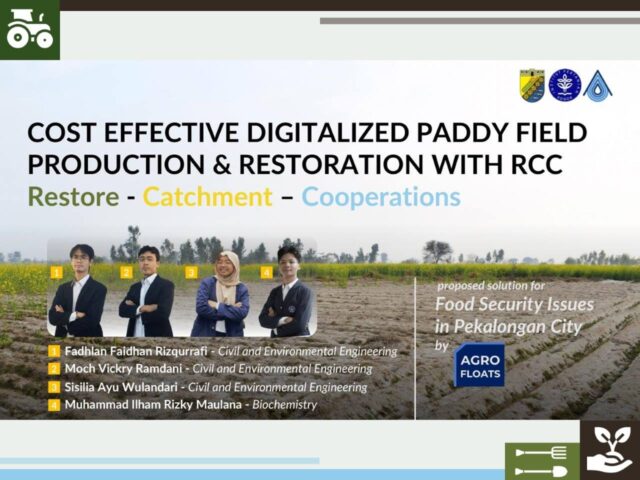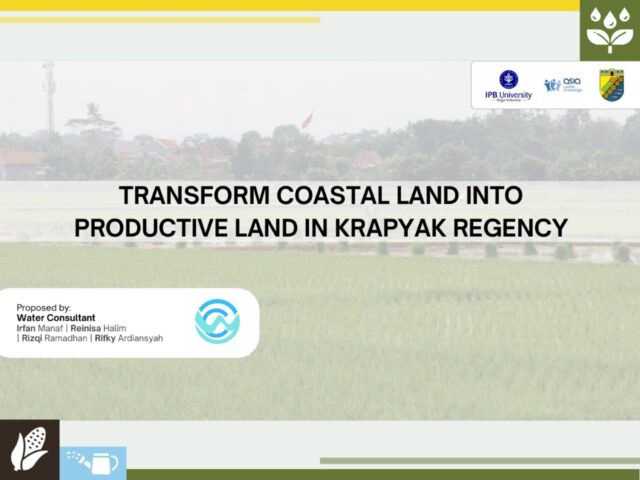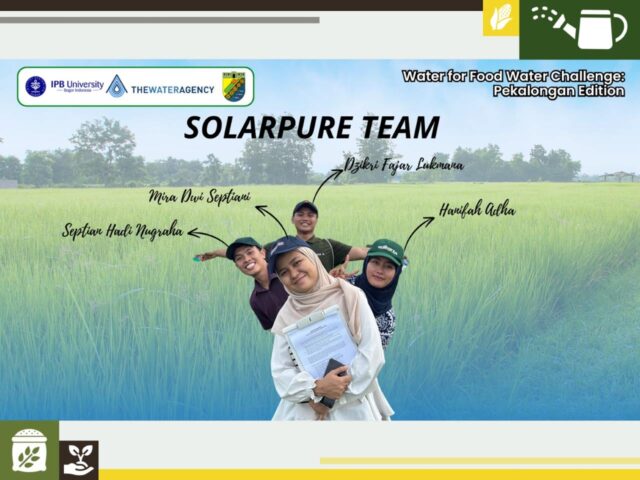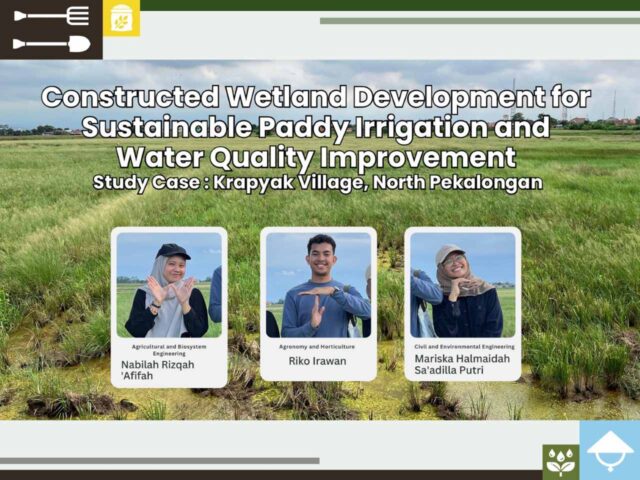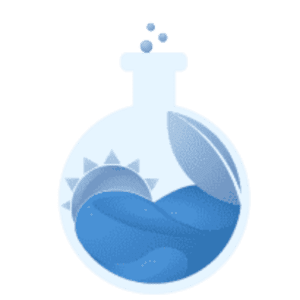Background
Pekalongan City faces a severe agricultural crisis caused by tidal flooding that has submerged over 477 hectares of farmland for the past eight years. This persistent issue has rendered the land unproductive, leaving approximately 41 farmers in the Krapyak Subdistrict unable to cultivate rice and exacerbating food insecurity and economic losses.
We have identified 4 main challenges that need to be tackled, including 1) saline soil, 2) limited fresh water, 3) land subsidence, and 4) low farmers’ availability. From then, a key problem statement can be created: “How can we grow biosaline rice production to 100 hectares while restoring soil quality until 2027?”
Main Beneficiary
The primary beneficiaries are the local farmers and the broader community that depends on sustainable food production and economic stability.
Solution Proposal
Agro Floats proposes the RCC system (Restore-Catchment-Cooperation), an innovative approach to rehabilitating agriculture and food security in Pekalongan City. The solution is anchored on three main strategies:
Restore: Bioremediation technology is employed to address the saline soil issue. Compost infused with Halobacterium bacteria is applied to reduce soil salinity and improve fertility at a low cost. This method, which has been successfully tested in Japan, offers a scalable and environmentally friendly solution.
Catchment: The project focuses on establishing phased retention ponds to store rainwater and dam water during the rainy season. A digitalised irrigation system will ensure efficient water distribution, allowing consistent cultivation even in dry periods. This system leverages IoT technology to enhance operational efficiency, ensuring water availability year-round.
Cooperation: The sustainability of the project lies in empowering both farmers and youth. Local farmer groups and vocational school students will be trained in modern agricultural and irrigation technologies. Workshops, socialisation sessions, and implementation guides will build the knowledge and skills needed to ensure long-term success and generational regeneration in farming practices.
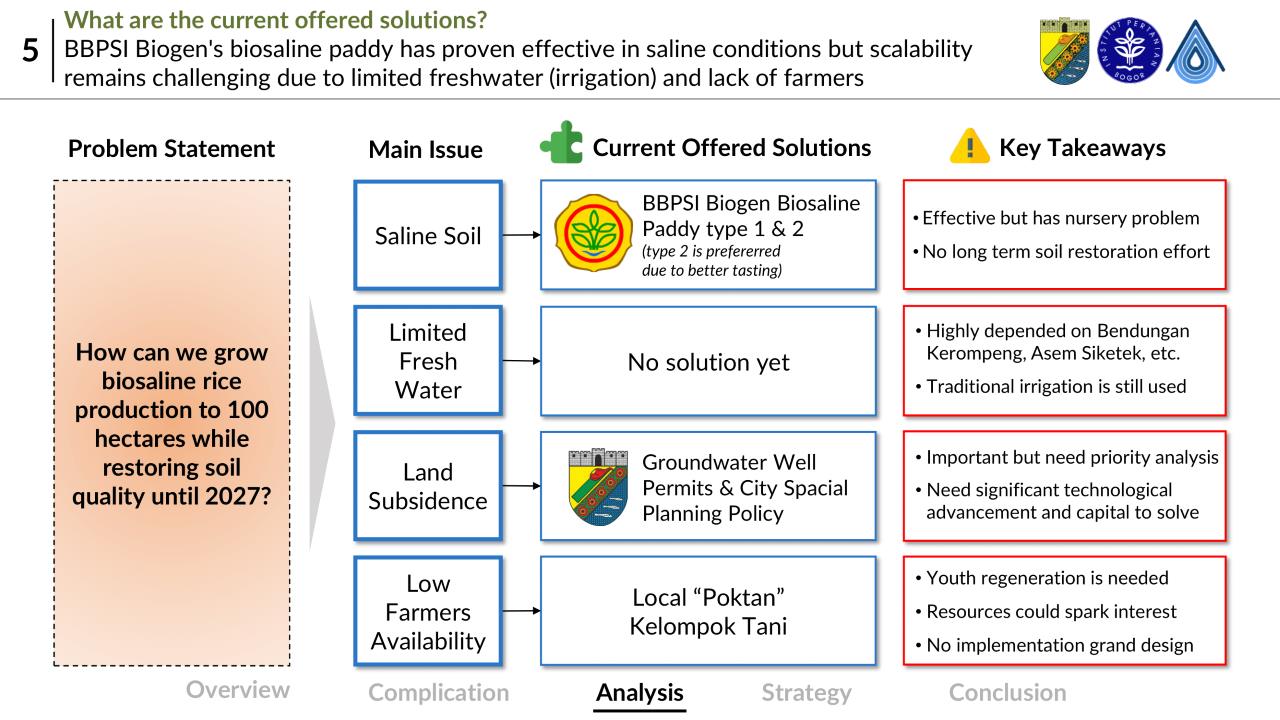
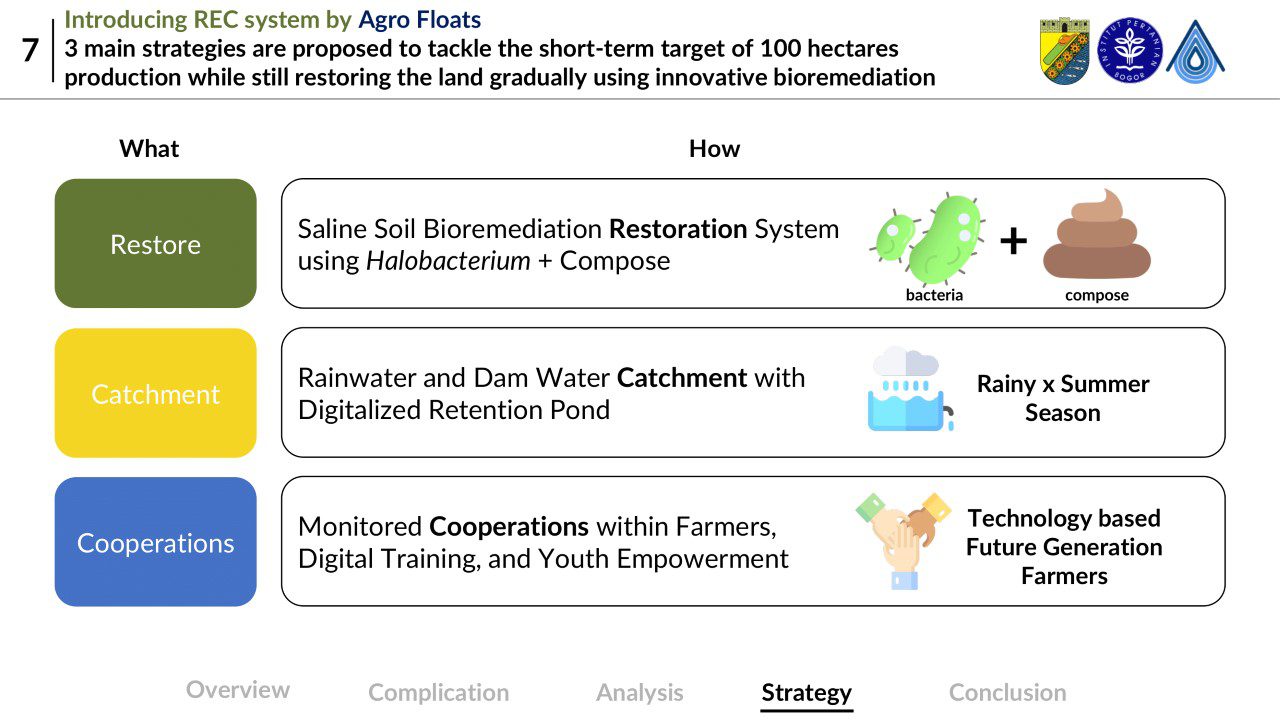
Impact
This RCC system aims to deliver positive impacts by restoring local ecosystems (Environment), supporting food and economic security (Economy), and strengthening communities through collaboration and education (Society). Financially, it requires an investment of IDR 27.83 billion and projects strong economic performance over 10 years, including an NPV of IDR 31.40 billion, an IRR of 21.09%, an ROI of 186.6%, and a payback period of 4.63 years. These metrics indicate the project’s profitability, with a positive NPV, an IRR well above the 5% discount rate, nearly double ROI, and rapid capital recovery within 5 years.
See more details on our presentation slide below:

Team Profile
Fadhlan Faidhan Rizqurrafi, Civil and Environmental Engineering, [email protected] / www.linkedin.com/in/fadhlanfaidhan
Moch Vickry Ramdani, Civil and Environmental Engineering, [email protected] / www.linkedin.com/in/vickryramdani
Sisilia Ayu Wulandari, Civil and Environmental Engineering, [email protected] / www.linkedin.com/in/sisilliaayuwulandari
Muhammad Ilham Rizky Maulana, Biochemistry, [email protected] / www.linkedin.com/in/muhammad-ilham-rizky-maulana-1b2366286/

